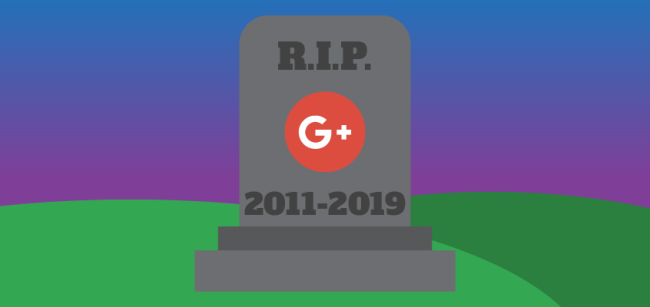Google+ Accounts Closing in April 2019
Sometimes, even the big companies can create a flop, which is why all Google+ Accounts are closing in April 2019. In December 2018 Google announced the decision to shut down the Google+ platform due to low usage from members. This means that from the April 2, 2019 all content and accounts will be deleted. But…








